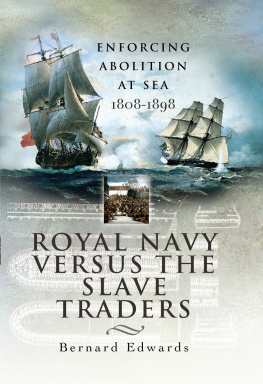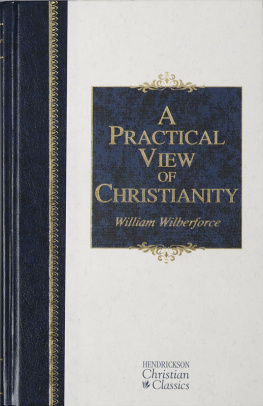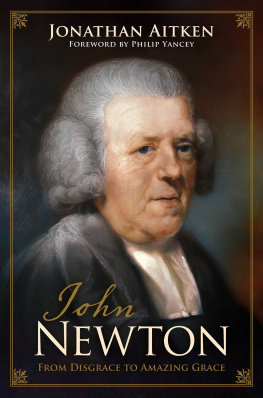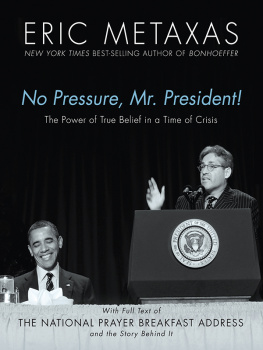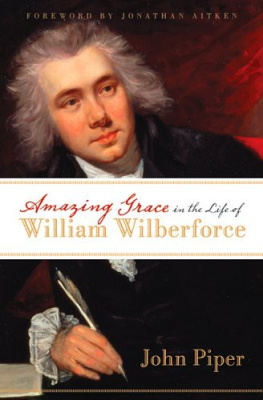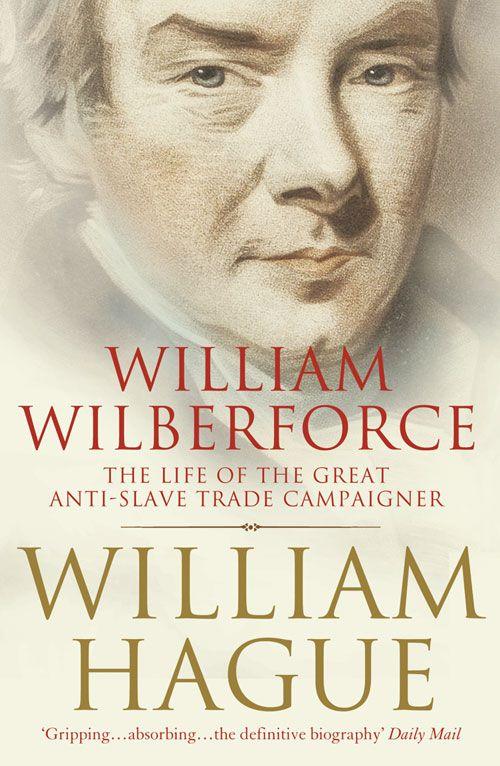For Ffion
An observer of the House of Commons that Monday afternoon, 23 February 1807, might have thought it a day like any other: the Members walking in and out in the middle of predictable speeches, others sitting facing each other on the tiered green benches, all giving off the hubbub of gossip which was a sure sign that they were waiting for something important and were not enthused by the proceedings before it.
There was, after all, no shortage of subjects for the Members to discuss as they watched and waited. The government of Lord Grenville was at such an impasse in its relations with King George III that its fall from power could be imminent, and the war with France, which over fourteen years had cost tens of thousands of lives and added 350 million to the national debt, seemed deadlocked. If national crisis and European conflict were not enough for them there was plenty of drama closer to home: that morning, at the hanging at Newgate of three convicted murderers, Messrs Holloway and Haggerty and Elizabeth Godfrey, the attendant crowd of twenty thousand had become so tightly packed that thirty spectators had died in the crush. No wonder the MPs that afternoon seemed to pay little attention to the tedious routine of their chamber: a complaint against the Sandwich Road Bill, a committee seeking to take evidence in Ireland, a short debate on the Poor Laws Bill, an alteration of the general election result in Chippenham, all typical of the daily fare of the House of Commons at the beginning of the nineteenth century. Only after all these matters had been considered did the Speaker call for the business that was keenly awaited on the floor of the House and in the public gallery, and ask the Secretary of State for Foreign Affairs, Lord Howick, to move the second reading of the Slave Trade Abolition Bill.
The slave trade had been debated in the same chamber and by many of the same people for nearly two decades. Year after year the evils of the trade, founded in robbery, kidnapping and murder, and affording an incentive to the worst passions and crimes, the arguments deployed were a heartrending reminder of the defeats and disappointments of the past.
Yet on this night there was one crucial difference, and everyone present knew it. The Bill would be passed, not merely by a small margin but by a huge one; not then passed into oblivion but this time enacted within a few weeks as the law of His Majestys Kingdom and all of his Islands, Colonies, Dominions, and Territories. A nation which had transported over three million Africans across the Atlantic and invested vast sums in doing so would, from 1 May that year, outlaw such a trade and declare any vessel fitted out for it to be forfeit. The Royal Navy, the most powerful on earth, which had henceforth protected that trade, would from that day enforce its annihilation.
This Bill would finally succeed in abolishing the practices of decades and changing the behaviour of an Empire, and the MPs, still in their seats as midnight came on, now knew it. For unlike its predecessors, it came with the full force of a united ministry behind it and had already been passed by the House of Lords, for all the fulminations of the future King, the Duke of Clarence. Its passage would be hailed by the Prime Minister himself as the most glorious measure that had ever been adopted by any legislative body in the world, while the veteran campaigner Granville Sharp would drop to his knees in prayer and thanksgiving: the dam which had held back twenty years of anger, revulsion, education, petitioning, campaigning and parliamentary struggle had finally burst.
When four oclock in the morning came the Members were still there in force, and in voting 283 for the Ayes and only sixteen for the Noes they would render the close or negative votes of earlier years hard to believe. Yet before they did so, speaker after speaker would single out one of their number as the architect of the victory to come; one who had found twenty years before that the trade was so enormous, so dreadful, so irremediable that he had from this time determined that I would never rest till I had effected its abolition; and one who through all the dark years of war and revolution since then had persisted in the face of heavy defeats, gnawing and nagging his way to an objective he believed had been set before him by God.
Sir John Doyle referred to the unwearied industry of this man, and his indefatigable zeal which washed out this foul stain from the pure ermine of the national character. Lord Mahon said his name will descend to the latest posterity, with never fading honour, and Mr Walter Fawkes said he looked with reverence and respect to a man who has raised a monument to his fame, founded on the basis of universal benevolence. and the tears streamed down his face. A slight and hunched figure amidst a sea of tributes, he would indeed attain that night one of the two great objects which he had long believed should be the work of his life. To some a sacred relic, yet to others the epitome of the devil, he was one of the finest debaters in Parliament, even in its greatest age of eloquence. While he never held ministerial office, his extraordinary combination of humanity, evangelism, philanthropy and political skill made him one of the most influential Britons in history. For the man saluted by the Commons that night, tearful, emotional, but triumphant as the hated slave trade was voted into history, bore the name of William Wilberforce.
1
One Boy, Two Paths

My Mother hearing I had become a Methodist, came up to London to ascertain the fact and finding it true took me down to Hull almost heartbroken.
WILLIAM WILBERFORCE, Autobiographical Notes
No pious parent ever laboured more to impress a beloved child with sentiments of piety, than they did to give me a taste of the world and its diversions.
WILLIAM WILBERFORCE, Recollections
T HE PEDIGREE OF WILLIAM Wilberforce was impeccably Yorkshire. His grandfather, another William Wilberforce, had come to Hull to make his fortune early in the eighteenth century, but he had not come far: for centuries the family known as Wilberfoss had lived and prospered around the Yorkshire Wolds. A William Wilberfoss had been Mayor of Beverley at the time of the Civil War. The family could trace its ancestral line with certainty back to the small town of Wilberfoss near York in the reign of Henry II (115489), and with some imagination and a hint of legend to the great conflicts of 1066, in which a Wilberfoss was said to have fought at Hastings and to have slain the would-be king, Harold Hardrada, at the Battle of Stamford Bridge.
This was a family proud of its traditions: among them civic leadership, commercial acumen and the prominence of the names William and Robert, both of which had featured in most of their generations since the fourteenth century. When grandfather William Wilberforce came to Hull he was soon elected as Mayor, and his two sons were duly named William and Robert, products of a marriage with Sarah Thornton, daughter of another successful trading family. William Wilberforce the future politician was the third child of the second son, Robert, and he was to owe his great inheritance to the lack of competing male progeny in his generation: he was an only son, two of whose three sisters died at an early age, while his uncle William who confusingly married his cousin Hannah Thornton was childless. The Wilberforce family would thus provide in full to its most famous descendant one of the most powerful formative influences of his early years: wealth.


